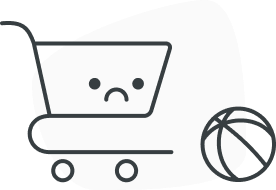Tyonek Learns a New Dialect
Tyonek, the baby beluga rescued from Cook Inlet last year, is not just getting acquainted with a new pod while settling into his new home. He’s learning new communication skills, including a new dialect, too, which is crucial to helping him integrate with the belugas around him.
Using a hydrophone recording device – a microphone designed for underwater use – researchers are recording Tyonek’s vocalizations at SeaWorld San Antonio – a project that falls under their larger whale conservation and research efforts. This study was started by NOAA’s Alaska Fisheries Science Center soon after Tyonek was rescued off the coast of Alaska. These recordings will allow scientists to monitor and observe Tyonek’s progress on vocal behavior from his rescue through his new life at SeaWorld.
This bioacoustic research will shed new light on the vocal development process and behavioral context of the various calls Tyonek and other belugas make. Learning communication skills is especially important for young belugas like Tyonek – whose need for social learning was a priority from the moment rel="noopener noreferrer" he was rescued. Belugas are extremely social animals, and the young depend on their pods to learn critical socialization and survival skills, including the vocal repertoire of its population. Without his pod, Tyonek would not learn these indispensable skills and would be unable survive on his rel="noopener noreferrer" own – which is ultimately why NOAA Fisheries deemed this baby beluga non-releasable.
Social learning is universally important for young belugas, and research shows that socially-acquired vocal communication rel="noopener noreferrer" exists across other cetacean species, such as killer whales and bottlenose dolphins. One study conducted at SeaWorld San Diego examined how learned dialects denote different relationships among killer whales. Findings suggest younger whales develop unique calls from those they spend more time with, demonstrating an acute ability to adapt to new individuals and environments.
From belugas to killer whales and beyond, SeaWorld is proud to play a leading role in the research and conservation of marine species across our planet. Visitors to the parks can not only see animals such as Tyonek – but they can rest easy knowing their ticket purchases are helping to fund these critical studies now and in the years to come.


